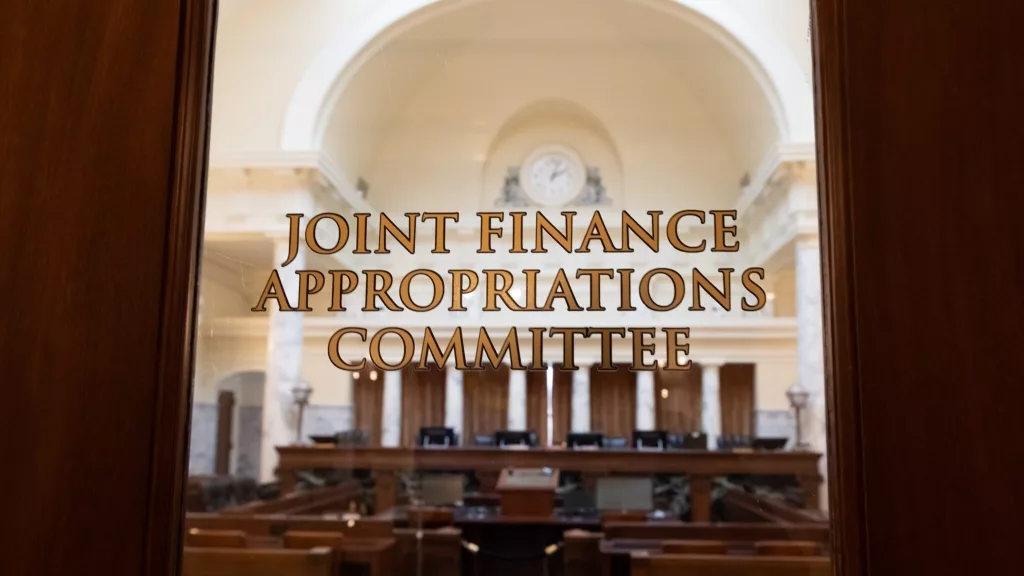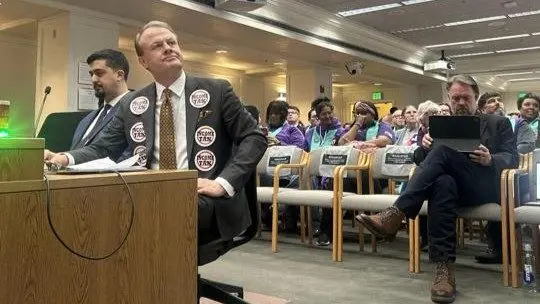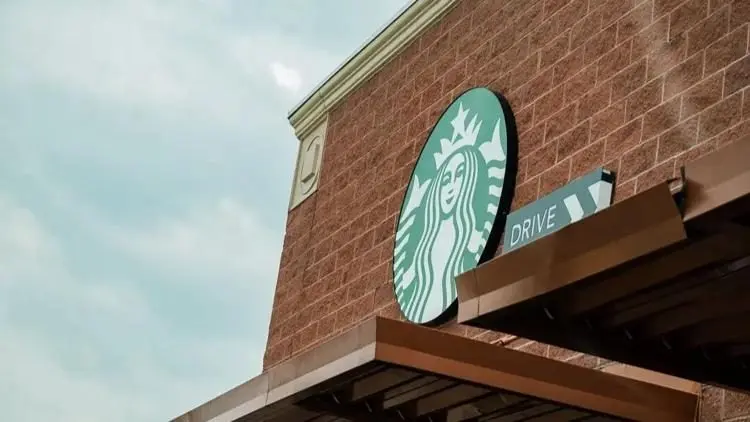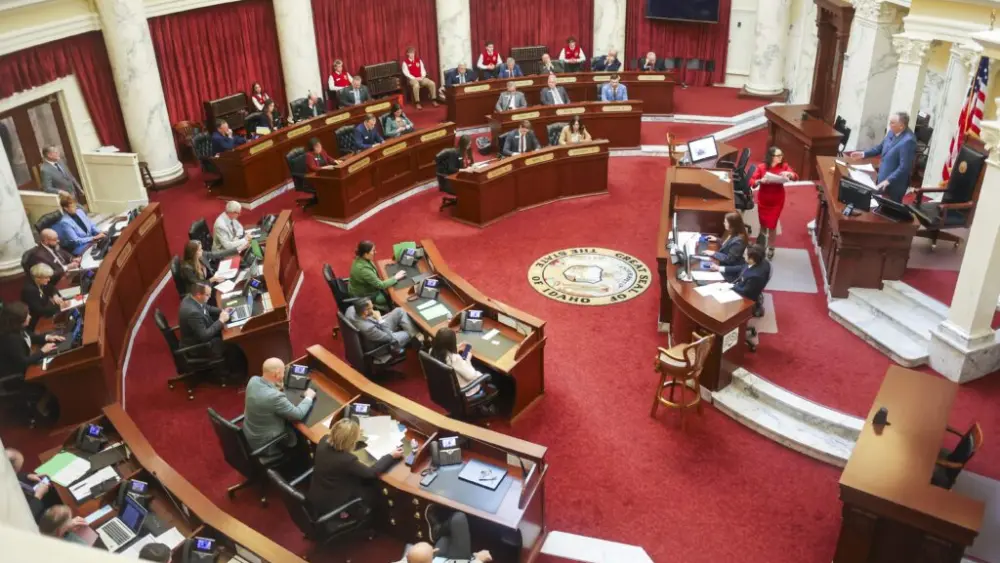BOISE, ID – Now two months into the 2026 fiscal year, Idaho state revenues continue to lag behind state forecasts, but the state is no longer projecting to end the year with a budget deficit, according to a monthly budget report released last week by the Idaho Legislative Services Office.
According to the September General Fund Budget Monitor report, revenues through the first two months of fiscal year 2026 have come in $22.6 million, or 2.8%, below the revised forecast issued by the Idaho Division of Financial Management.
Idaho runs on a fiscal year calendar that begins July 1 and ends June 30. That means the 2026 fiscal year began July 1 and ends June 30.
The revenue shortfall is occurring after the Republican-controlled Idaho Legislature and Gov. Brad Little cut state revenues by more than $450 million during the 2025 legislative session to pay for tax cuts and a new education tax credit that allows families to be reimbursed for education expenses including tuition at private, religious schools.
In response to revenue shortfalls, Little ordered all state agencies and departments other than public schools to cut spending by 3% by the end of the current fiscal year, the Idaho Capital Sun previously reported.
With Little’s 3% budget holdbacks now being calculated, Idaho is projected to end the current fiscal year in June with a $21.8 million budget surplus, according to September’s General Fund Budget Monitor.
A month ago, before the impact of the 3% budget cuts was included in the calculations, Idaho was projected to end the current fiscal year with a $80 million budget deficit, which would violate the Idaho Constitution.
Idaho House minority leader says Idaho’s budget situation is serious
Idaho House Minority Leader Ilana Rubel, D-Boise, said Idaho’s budget situation is a “disaster” that will seriously harm Idaho families, people with disabilities and people living in poverty.
“My phone has been ringing off the hook with warnings coming in at full volume,” Rubel said Monday. “This is a catastrophe for people in the most need.”
Rubel said the Medicaid cuts and other budget holdbacks are hurting seniors living in long-term care facilities as well as children and adults with serious disabilities who rely on state funding to get the help they need to live and work.
“This is not a disaster on the horizon; this is a disaster right now,” Rubel said.
Idaho Legislature’s budget committee co-chairman says it’s too early in the year to panic about state budget
On the other hand, Republicans who control a supermajority in the Idaho Legislature are saying it is not time to panic.
Sen. Scott Grow, R-Eagle, said Idaho’s budget is still in good shape thanks to conservative budgeting employed by the Idaho Legislature and Little. Grow serves as co-chairman of the Idaho Legislature’s powerful Joint Finance-Appropriations Committee, which sets all the budgets for every state agency and department.
“The sky is not falling; this is not 2008, 2009 or 2010,” Grow told the Sun on Monday, referencing the Great Recession. “This is a wait and see. Two months do not a year make.”
Grow said the state issues budget forecasts based on best-available information from economists, state officials, legislators and other sources.
Grow said it is too early in the 2026 fiscal year to read too much into the budget situation. He said revenue collections later in the fiscal year, particularly in April and June, are much more important to the overall budget picture than July and August.
Grow also said he supports Little’s actions to cut spending by 3%.
“We support the governor. He’s being conservative and cautious, and we think that is a good decision on his part,” Grow said.
“Hopefully the governor’s 3% (holdbacks) will do the job, and we will be in good shape and start looking at 2027 in January,” Grow added. The Legislature convenes in January.
Idaho Division of Financial Management Administrator Lori Wolff said Monday she remains confident in the health of Idaho’s economy and state budget.
“Idaho’s economy remains strong with positive job growth, low unemployment rates, and overall economic strength,” Wolff said in a written statement. “Idaho is only two months into our fiscal year and while general fund revenues are slightly below forecast, the overall picture remains positive.”
Despite overall revenue shortfalls, Wolff pointed out sales tax collections came in strong, ahead of last year.
“As the governor prepares to submit his executive budget later this year, these steady revenues provide confidence that Idaho can continue to fund key priorities like education, infrastructure, and public safety while keeping taxes low and regulations light,” Wolff said. “Idaho’s strong fiscal management, conservative budgeting, and pro-growth policies ensure the state remains on solid financial ground.”
Grow said Idaho legislators and Little built a projected ending cash balance into the budget to guard against uncertainty.
Due to revenue shortfalls, that ending cash balance has decreased from an estimated $439.8 million down to an estimated $21.8 million, according to the September General Fund Budget Monitor report.
Cost of confirming to federal tax changes still unknown in Idaho
Even though the state’s projections now forecast a year-end surplus instead of an illegal budget deficit, there are still unresolved questions about the state of Idaho’s budget.
The state budget forecasts do not include the cost of conforming to federal tax changes included in the One Big Beautiful Bill Act that President Donald Trump signed into law July 4.
One outside estimate provided by the nonprofit Tax Foundation indicated it could cost Idaho an additional $167 million to adopt individual tax changes from the GOP-supported megalaw.
Grow, the Republican JFAC co-chair in Idaho, said it will be up to the Idaho Legislature whether to conform 100% to the tax changes from the megalaw
Meanwhile, Rep. John Gannon, D-Boise, said Idahoans deserve to know the cost of implementing the individual and business tax changes from the federal bill. Gannon cited Colorado Newsline reports showing the Colorado Legislature has called a special session to address shrinking revenue collections.
“It is absolutely essential that Idaho figure out the impact of all of these business tax changes because when you combine it with the lower revenues we are experiencing, it is a very serious problem,” Gannon said Monday afternoon.
This story first appeared on Idaho Capital Sun. Reporter Kyle Pfannenstiel contributed to this report.





